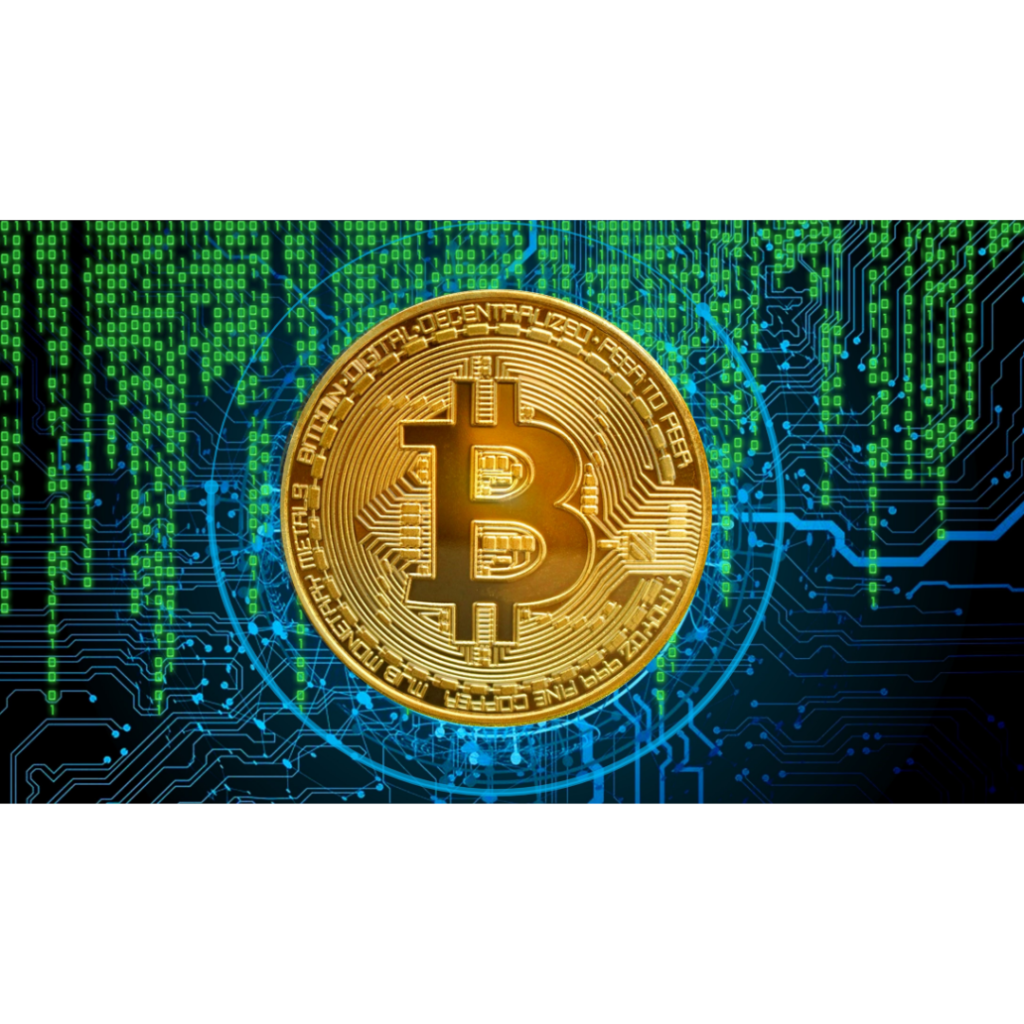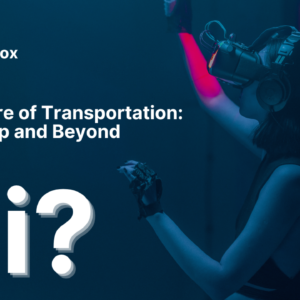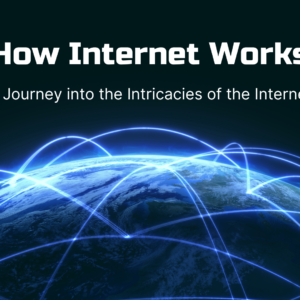Table of Contents
- Introduction
- Understanding Cryptocurrency
- The Basics of Bitcoin
- Beyond Bitcoin: Alternative Digital Currencies
- How are Altcoins Different from Bitcoin?
- The Risks of Altcoin Investment
- Selecting and Trading Altcoins
- The Future of Altcoins
- The Potential for Global Adoption
- Integration with Traditional Finance
- The Emergence of Stablecoins
- The Relationship between Altcoins and the Decentralized Economy
- Decentralized Applications (dApps)
- Smart Contracts
- Blockchain in the Supply Chain Industry
- The Environmental Impacts of Altcoin Mining
- Issues with Bitcoin Mining
- Altcoins and Energy Efficiency
- Impact on the Environment
- Altcoins and Financial Inclusion
- Altcoins and the Unbanked
- Digital Currencies and Economic Growth
- The Potential of Altcoins in Developing Economies
- The Integration of Altcoins into E-commerce
- Benefits of Accepting Altcoins
- Challenges and Risks
- Future Prospects
- Recommendations for Investors
As the popularity of digital currencies continues to rise, more people are beginning to move beyond Bitcoin and explore the world of alternative cryptocurrencies, or altcoins. While Bitcoin is certainly the most well-known and widely-used cryptocurrency,there are many other digital currencies that offer unique benefits and advantages for investors and users alike.
In this article, we’ll take a closer look at the basics of cryptocurrency, the differences between Bitcoin and altcoins, and everything you need to know to get started with altcoin investing.
Introduction
The rise of cryptocurrency has been one of the most significant technological developments of the past decade.
With Bitcoin leading the way in terms of market capitalization and overall adoption, many people are starting to turn their attention to alternative digital currencies that offer unique opportunities for investment and growth.
In this article, we’ll explore the world of altcoins and discuss everything you need to know to make informed decisions about investing in these exciting digital currencies.
Understanding Cryptocurrency
Before we dive into the world of altcoins, it’s important to have a clear understanding of what cryptocurrency is and how it works. At its most basic level, cryptocurrency is a type of virtual currency that uses encryption techniques to regulate its generation and verify the transfer of funds.
Unlike traditional currencies, which are regulated by governments and financial institutions, cryptocurrency operates independently of any central authority and can be used for a wide range of transactions and activities.
The Basics of Bitcoin
Bitcoin is the original cryptocurrency and remains the most widely-used digital currency in the world today. Created in 2009 by an anonymous individual or group known as Satoshi Nakamoto, Bitcoin operates on a decentralized network that allows for secure, peer-to-peer transactions without the need for intermediaries like banks or financial institutions.
Bitcoin uses a complex algorithm known as the blockchain to facilitate and verify transactions, and the supply of Bitcoins is limited to a maximum of 21 million coins.

Beyond Bitcoin: Alternative Digital Currencies
While Bitcoin is certainly the most well-known and widely-used digital currency, there are many other altcoins that offer unique benefits and advantages for investors and users alike. Here, we’ll take a closer look at some of the most popular and promising altcoins on the market today.
Altcoins: A brief introduction
The term “altcoin” simply refers to any digital currency other than Bitcoin. While Bitcoin remains the most popular and well-known cryptocurrency, there are literally thousands of altcoins available for investment and use today.
Altcoins can be either “mined,” which involves using specialized hardware to solve complex mathematical equations and verify transactions in exchange for digital currency rewards, or bought and sold on different exchanges using traditional fiat currencies like dollars or euros.
The Meaning of Altcoins
Altcoins can be broadly defined as any digital currency that is not Bitcoin. While Bitcoin is still the most popular and well-known cryptocurrency, there are many other altcoins available for investment and use today.
Why Altcoins are gaining popularity
Altcoins are gaining popularity for a number of reasons. First, many investors and users are looking for alternative digital currencies that offer unique benefits and advantages beyond what Bitcoin can provide.
Additionally, altcoins can be a great way to diversify your investment portfolio and potentially generate high returns over time.
Types of Altcoins
There are many different types of altcoins available on the market today. Here, we’ll take a closer look at some of the most popular and promising altcoins currently available.
Litecoin (LTC)
Litecoin is a cryptocurrency that was created in 2011 as a “lite” version of Bitcoin. Litecoin transactions are processed using a unique algorithm known as “scrypt,” which allows for faster transaction times than Bitcoin.
Ethereum (ETH)
Ethereum is a unique digital currency that allows for the creation of decentralized applications using “smart contracts.” These contracts allow for the automated execution of code on the blockchain, making Ethereum a powerful platform for developers and businesses alike.
Ripple (XRP)
Ripple is a digital currency that is primarily focused on facilitating cross-border payments. Unlike other cryptocurrencies, Ripple is not mined, and all of the XRP tokens currently in circulation were created by the company itself.
Bitcoin Cash (BCH)
Bitcoin Cash is a digital currency that was created in 2017 as a result of a “hard fork” in the Bitcoin blockchain. Bitcoin Cash uses larger block sizes than Bitcoin, allowing for faster transaction times and lower fees.
Dogecoin (DOGE)
Dogecoin is a cryptocurrency that was created in 2013 as a fun and lighthearted alternative to Bitcoin. Despite its silly origins, Dogecoin has since become a popular digital currency in its own right, with a market capitalization of over $2 billion.

Monero (XMR)
Monero is a privacy-focused digital currency that uses advanced cryptographic techniques to ensure that transactions remain anonymous and untraceable. Monero is a popular choice for users who are concerned about privacy and security while transacting online.
Zcash (ZEC)
Zcash is another privacy-focused digital currency that allows users to hide their transaction data using a unique “zero-knowledge proof” system. Zcash transactions are fully encrypted, ensuring complete anonymity and privacy for users.
Dash (DASH)
Dash is a digital currency that was created in 2014 and offers a unique “masternode” system that allows for faster transactions and more efficient mining. Dash is designed to be used as an everyday currency and is accepted by a growing number of merchants and businesses worldwide.
Cardano (ADA)
Cardano is a unique digital currency that uses a “proof of stake” algorithm to verify transactions and generate new coins. Cardano is designed to be a highly scalable cryptocurrency, offering fast transaction times and low fees.
Stellar (XLM)
Stellar is a digital currency that was created in 2014 and is primarily focused on facilitating cross-border payments and financial transactions. Stellar is designed to be fast, secure, and easy to use, making it a popular choice for individuals and businesses alike.
How are Altcoins Different from Bitcoin?
While altcoins share many similarities with Bitcoin, there are also a number of important differences that set them apart. Here are some of the key ways in which altcoins differ from Bitcoin:
Mining Techniques
While Bitcoin uses a “proof of work” algorithm to verify transactions and generate new coins, many altcoins use different mining techniques, such as “proof of stake” or “proof of work and stake.”
Blockchains
While all digital currencies use a blockchain to facilitate and verify transactions, the specifics of these blockchains can vary widely between different altcoins.
Transaction Fees
Transaction fees for altcoins are generally lower than those for Bitcoin, making them a more affordable option for users and investors.
Speed of Transactions
Many altcoins offer faster transaction times than Bitcoin, allowing for quicker transfers of funds and more efficient use of the network.
The Risks of Altcoin Investment
Like any investment opportunity, there are risks associated with investing in altcoins. Here, we’ll take a closer look at some of the biggest risks and challenges that come with altcoin investment.
Market Volatility
The cryptocurrency market is highly volatile, with prices and values often fluctuating wildly over short periods of time. This can make it difficult to accurately predict market trends and make informed investment decisions.
Hackers and Scams
Altcoins are not immune to hackers and scams, and there have been numerous incidents of thefts and scams involving various digital currencies over the years.
Regulatory Risks
Regulatory risks are another concern for altcoin investors, as governments and financial institutions continue to grapple with the emergence of digital currencies and their unique challenges and opportunities.
Selecting and Trading Altcoins
Investing in altcoins requires careful consideration and planning. Here, we’ll take a closer look at some of the most important factors to consider when choosing and trading altcoins.
Choosing your Altcoin
When choosing an altcoin to invest in, be sure to research the market thoroughly and consider factors like overall market capitalization, adoption rates, and unique features and capabilities.
Understanding Exchanges
Understanding the various altcoin exchanges and trading platforms can be a key factor in successful altcoin investing. Be sure to research and compare different exchanges to find the one that best fits your needs and investment goals.
Buying and Selling Altcoins
Buying and selling altcoins can be done through a variety of different exchanges and trading platforms. Be sure to research fees, transaction times, and other key factors when selecting an exchange or platform.
Altcoin ICOs (Initial Coin Offerings)
Altcoin ICOs offer a unique opportunity for investors to get in on the ground floor of promising new digital currencies. However, ICOs also come with their own unique set of risks and challenges.
Understanding ICOs
ICO stands for Initial Coin Offering, and involves the sale of tokens or coins in a new cryptocurrency in exchange for traditional fiat currencies like dollars or euros.
Evaluating ICOs
When evaluating an ICO, be sure to research the company or organization behind the currency thoroughly and consider factors like market potential, adoption rates, and security concerns.
Risks of ICOs
ICOs carry their own set of risks, including the potential for fraud, lack of regulation, and unrealistic promises or projections.
The Future of Altcoins
The future of altcoins is bright and promising, with many exciting new cryptocurrencies and technologies emerging every day. Here, we’ll take a closer look at some of the most promising trends and developments in the altcoin market today.
The Potential for Global Adoption
As more people around the world begin to use and adopt digital currencies, the potential for global adoption of altcoins is rapidly growing.
Integration with Traditional Finance
As digital currencies continue to gain acceptance and recognition in the financial world, more and more traditional financial institutions and companies are starting to explore the potential benefits and opportunities presented by altcoins and blockchain technology.
The Emergence of Stablecoins
Stablecoins are a unique type of digital currency that are designed to maintain a stable value over time. These cryptocurrencies could potentially offer a more stable and reliable investment opportunity than other, more volatile digital currencies.
The Relationship between Altcoins and the Decentralized Economy
Altcoins and the decentralized economy are closely intertwined, with many digital currencies and blockchain technologies offering unique opportunities for decentralized applications and services.
Decentralized Applications (dApps)
Decentralized applications, or dApps, are innovative new software programs that leverage blockchain technology to offer secure and decentralized solutions for a wide range of different industries and applications.
Smart Contracts
Smart contracts are self-executing contracts that live on the blockchain and can be used to automate a wide range of different business processes and transactions.
Blockchain in the Supply Chain Industry
Blockchain technology is particularly well-suited for use in the supply chain industry, where it can be used to provide greater transparency, security, and efficiency across the entire supply chain.
The Environmental Impacts of Altcoin Mining
The carbon footprint associated with Bitcoin and altcoin mining has become a growing concern in recent years, as the massive energy requirements of these processes continue to rise.
Issues with Bitcoin Mining
Bitcoin mining is particularly energy-intensive, with estimates suggesting that the annual energy consumption of the Bitcoin network exceeds that of entire countries like Hungary or Switzerland.
Altcoins and Energy Efficiency
Some altcoins, such as Ethereum, are exploring more energy-efficient mining strategies that could potentially reduce the carbon footprint of digital currency and promote more sustainable mining practices.
Impact on the Environment
The environmental impact of digital currencies is still a topic of hot debate as researchers grapple with the true extent of their energy requirements and carbon footprint.
Altcoins and Financial Inclusion
Cryptocurrencies and altcoins have the potential to promote greater financial inclusion and provide greater access to financial services and opportunities for people around the world.
Altcoins and the Unbanked
Altcoins can offer unique benefits and opportunities for the “unbanked” population around the world, providing an affordable and accessible alternative to traditional banking systems.
Digital Currencies and Economic Growth
As digital currencies continue to gain acceptance and adoption around the world, many experts predict that they could play a key role in driving economic growth and innovation in the years to come.
The Potential of Altcoins in Developing Economies
Digital currencies and blockchain technology could potentially offer unique solutions for a wide range of development challenges faced by developing economies around the world.
The Integration of Altcoins into E-commerce
With more and more businesses and merchants accepting digital currencies, the integration of altcoins into e-commerce platforms and payment systems is rapidly growing.
Benefits of Accepting Altcoins
Accepting altcoins can offer a number of benefits for businesses and merchants, including lower fees, faster transaction times, and increased customer loyalty and engagement.
Challenges and Risks
Despite their potential benefits, the integration of altcoins into e-commerce platforms also carries some unique challenges and risks, including regulatory concerns, market volatility, and security risks.
Future Prospects
The future of altcoins is bright and exciting, with many new and innovative technologies emerging in the cryptocurrency and blockchain space every day. By carefully considering the unique benefits and challenges of altcoin investing, investors and users can take advantage of the many exciting opportunities available in the world of digital currency and finance.
Recommendations for Investors
When investing in any type of digital currency, it’s important to carefully consider your investment goals, risk tolerance, and overall financial situation. Here are some key recommendations for investors interested in altcoins:
- Research the market thoroughly before making any investment decisions
- Diversify your portfolio by investing in multiple altcoins
- Consider the potential growth and long-term potential of each altcoin before investing
- When choosing an exchange or platform, be sure to research fees and transaction times carefully
- Be aware of the risks associated with altcoin investment, and proceed with caution when investing in new and untested digital currencies.




